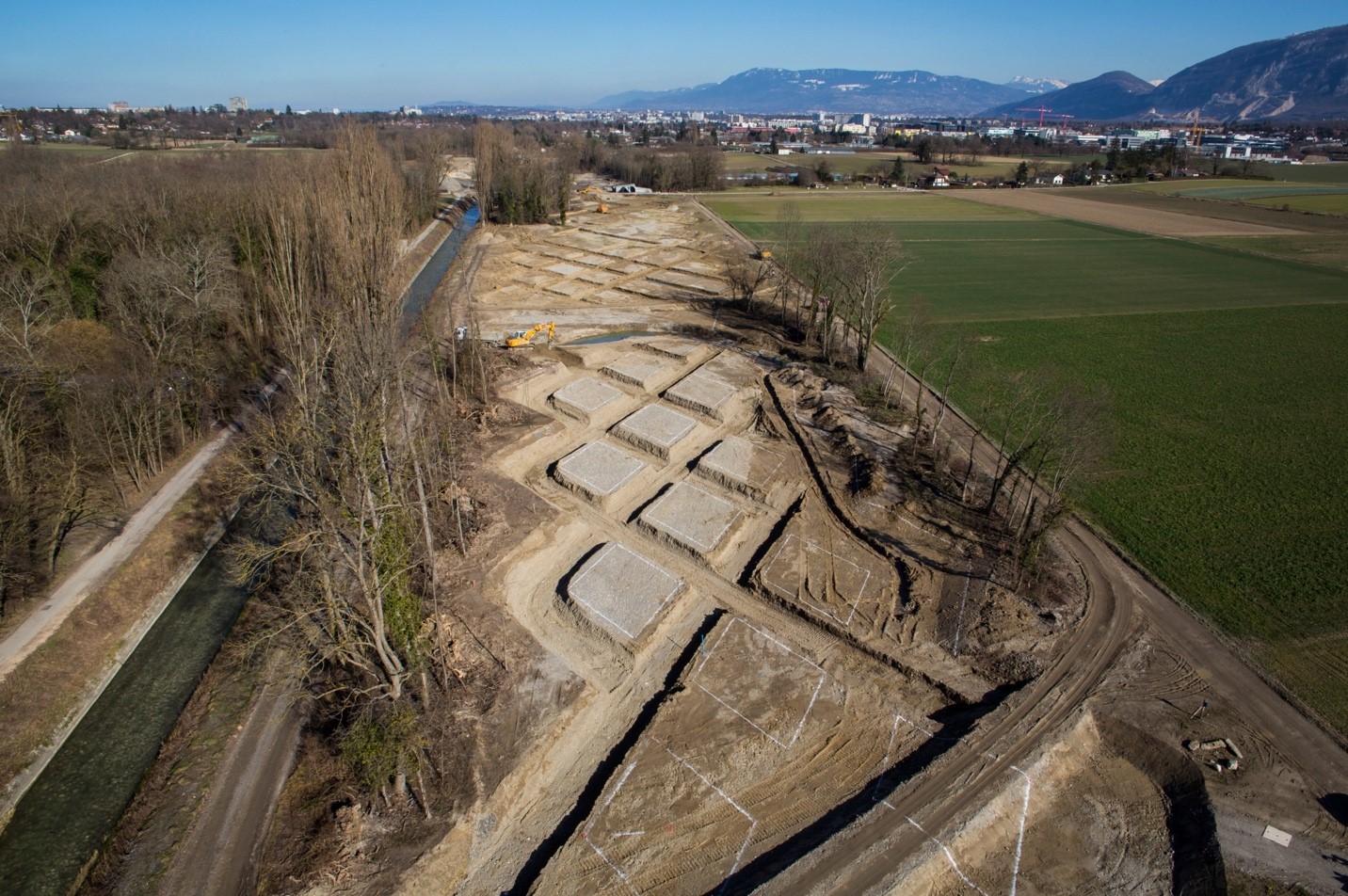

COURSE DESCRIPTION
LA254-002 Spring 2020
Instructor: G Matt Kondolf
Research seminar (2 credits)
Mondays 12-2pm, 315C Wurster
Most cities are located on rivers, and for very good historical reasons that included navigation/commerce, fisheries, water supply, waste disposal, and quotidian uses such as washing clothes. The identities and distinctive characteristics of many cities are closely tied to their rivers, and the many ways their residents have interacted with their urban waters over history, adapting to floods to gain the advantages of access to the river.
In recent decades, urban riverfront projects have become ubiquitous in the developed world, and increasingly promoted in the developing world. Both celebrated as revitalizing neglected urban centers and criticized for displacing the disenfranchised populations, these projects raise questions about what constitutes ‘restoration’ in the urban context, to what degree natural processes and ecological values can be restored, and how sustainable ecological benefits will be with the urban context. In highly dense cities, the social benefits of restoration likely overshadow the potential ecological benefits, but those social benefits may prove evasive, especially when development plans emphasizing a narrow range of uses (expected to yield short-term profits) are pursued at the expense of diverse activities appealing to diverse user groups. Attempts to transplant waterfront revitalization approaches from one city to another with different characteristics commonly fail, owing to differences in fluvial form and resulting culture that are not adequately accounted for. Thus, there are fundamental questions about the sustainability of these projects, from the hydrologic, ecological, and social perspectives.
Offered for the first time this term, the seminar explores river-city relations over time and urban greening/river restoration, drawing on perspectives from fields such as archaeology, landscape architecture, geography, ecology, and sociology. The primary requirement is an independent term project through which you can explore river-city relations in a context of particular interest to you.
Topics covered: river-city relations over time, social connectivity of urban rivers, ‘daylighting’ rivers & streams, restoring ecology and social connectivity in urban rivers, public health implications, managing flood risk in cities (eg, the distinct dilemmas of Paris, New Orleans, and Sacramento), aestheticization of river channels, riverfront revitalization around the world (including riverfront promenades and critique of failed projects).
Prerequisites: none per se, but students should have some background that can contribute to the class discussion and research topics, and prior exposure to relevant topics. Graduate students from diverse disciplines are encouraged to participate.
Format: Weekly presentations/discussions. Field trip to case study in California.
Requirements:
- Weekly readings, active participation in discussions
- Written review of ~ 6 readings on a specific topic of interest to you
- Independent term project (can be coordinated with topics in LA221, LA205, or another course). 10-20-pp paper, and presentation to seminar in May.